When Is an Electrical Permit Necessary? A Guide for Boise, Nampa, and Caldwell
Navigating local permitting requirements is a crucial step in any electrical project. Whether you’re a homeowner, contractor, or business owner in the Boise metropolitan area, understanding when an electrical permit is required ensures your project stays legal, safe, and up to code.
This article breaks down the electrical permitting rules specific to the cities of Boise, Nampa, and Caldwell, helping you know when you need a permit and how to obtain one.
Why Are Electrical Permits Important?
Electrical permits:
Ensure electrical work meets the National Electrical Code (NEC) and local amendments.
Protect occupants by verifying installations are safe and inspected.
Help avoid fines, penalties, or having to redo work.
Are often required for insurance and resale compliance.
General Rules: When Is an Electrical Permit Required?
In Boise, Nampa, and Caldwell, an electrical permit is typically required for:
New electrical installations (homes, businesses, additions)
Upgrading or replacing electrical panels or service equipment
Adding or relocating circuits, outlets, or switches
Installing major electrical appliances such as HVAC, water heaters, or ranges
Any work involving permanent wiring
City-Specific Requirements
Boise
The City of Boise requires permits for any new electrical work or modifications to existing wiring.
Permits are issued through the Boise Building Department.
Work must comply with the latest NEC and any local amendments.
Inspections are mandatory before final approval.
Boise Building Department Permit Portal
Nampa
Nampa requires electrical permits for all new installations, upgrades, and major repairs.
Minor repairs or replacement of devices like switches and receptacles often do not require a permit unless they involve wiring changes.
Electrical permits are handled by the Nampa Building Division.
Inspections are required to verify compliance.
Nampa Building Division
Caldwell
Caldwell mandates permits for any new wiring, panel changes, or significant electrical work.
Simple replacements of fixtures or devices without wiring alterations may be exempt.
Permits can be applied for at the Caldwell Community Development Department.
Inspections follow permit approval.
When Might a Permit Not Be Required?
While each city emphasizes safety and code compliance, some minor work might not require permits, including:
Replacing existing fixtures without wiring changes (e.g., swapping out a light fixture)
Repairing cord-connected appliances or equipment
Work done by homeowners on their own single-family dwelling with some exceptions (always verify local rules)
How to Obtain an Electrical Permit
Prepare your project details: Scope of work, electrical plans if necessary, and contractor information.
Apply online or in-person: Each city offers permit applications via their building department website or offices.
Pay permit fees: Fees vary based on project size and complexity.
Schedule inspections: After completing work stages, request inspections to ensure compliance.
Receive final approval: Only after successful inspection is the work considered complete and legal.
Tips for Smooth Permit Approval
Consult local building codes before starting.
Hire licensed electricians familiar with local requirements.
Submit complete and accurate applications to avoid delays.
Schedule inspections promptly to keep your project on track.
Conclusion
If you’re planning any electrical work in Boise, Nampa, or Caldwell, securing the proper electrical permit is essential. It guarantees your installation meets safety standards and avoids costly rework or legal trouble. Always check with your local building department to confirm requirements and follow all NEC and local amendments.
References
City of Boise Building Department: https://www.cityofboise.org
City of Nampa Building Division: https://www.cityofnampa.us
City of Caldwell Community Development: https://www.cityofcaldwell.org
National Electrical Code (NEC) 2023 Edition
Disclaimer:
The information, tools, and resources provided on this website are for general informational purposes only. While Empower Engineering strives to ensure accuracy and relevance, no guarantee is made regarding the completeness or applicability of the content to specific projects. Users are responsible for verifying all calculations, code interpretations, and design decisions with licensed professionals and local authorities. Empower Engineering assumes no liability for any loss, damage, or code violation resulting from the use of this website’s content.
Empower Engineering | July 15, 2025
11513 W Fairview Ave Ste 101
Boise, ID 83713
admin@empowerengineering.com
208-870-4379


